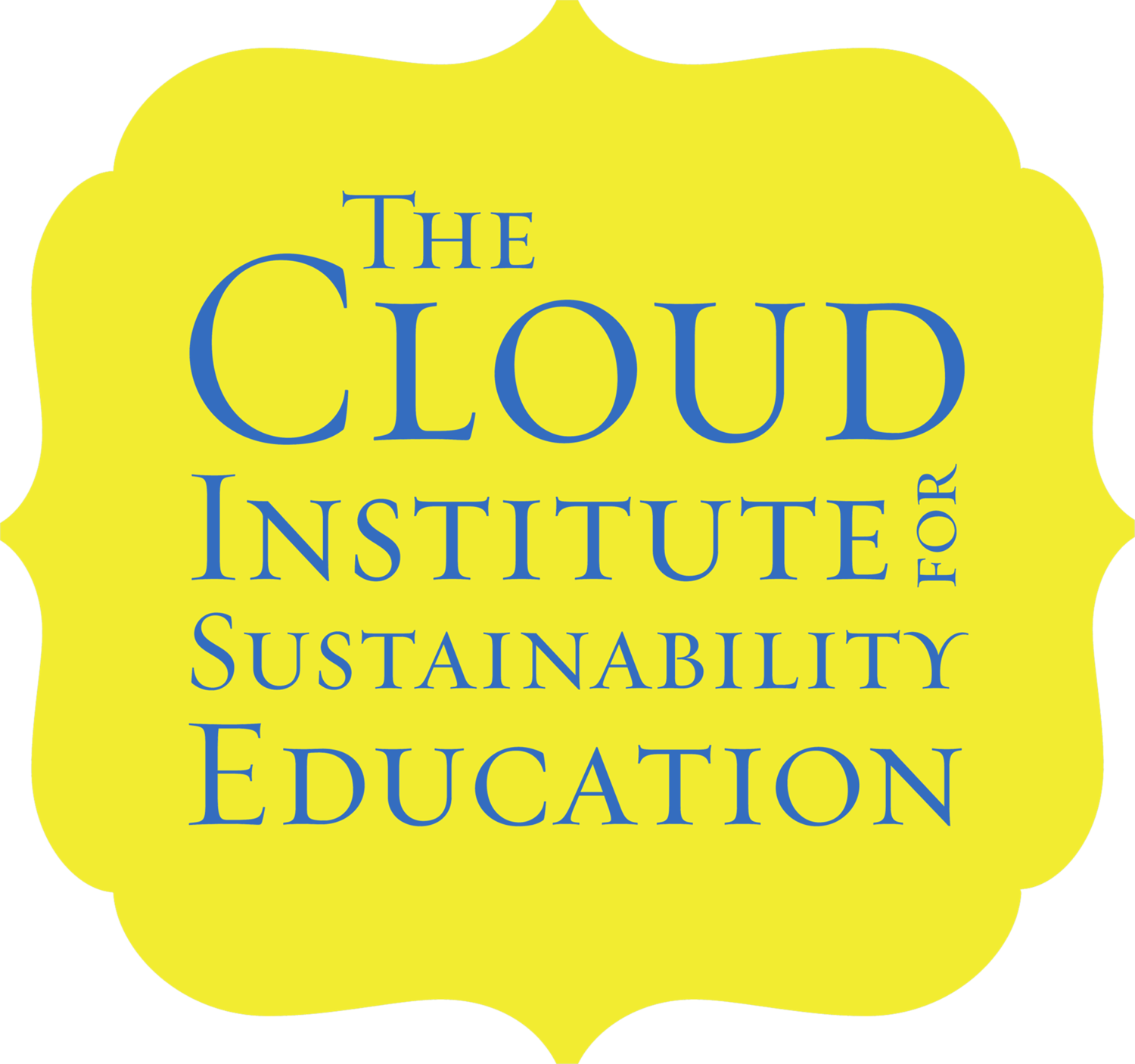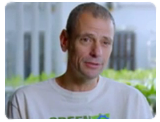Repost from: http://www.sustainablecherryhill.org/the-black-run-preserve-a-suburban-pinelands-oasis
Original Post Date: September 26, 2013
Unbeknown to most area residents, just two miles from the The Promenade retail complex in Marlton lies over 1000 acres of undeveloped land called the Black Run Preserve. An isolated fragment of the New Jersey Pine Barrens, Black Run is an amazingly diverse and wonderful retreat from the hustle and bustle of fast-paced suburban life that lies on its doorstep. Though not contiguous with the rest of the Pinelands National Reserve, Evesham Township’s Black Run Preserve boasts a pristine ecosystem accessible to thousands of nearby residents.
Black Run gets its name from the stream which originates in the Preserve, fed by an underground aquifer of pristine-quality water. Its protected status means this lush, forested watershed is abundant with native species – including at least twenty rare and endangered plants. The absence of urban development has prevented pollution and invasive species from leaving their footprint here, providing an unspoilt natural ecosystem that feels as remote as anyplace along the East coast.
On a recent guided hike led by John Volpa – founder of Friends of the Black Run Preserve – we saw the impressive biodiversity native to the area. A lush, open grassland savanna is a verdant, exotic landscape reminiscent of the Florida Everglades. Nearby, wild blueberries can be eaten right off the bush. Black Run also boasts rare or endangered hawks, tree frogs, turtles, salamanders and the barred owl. Even in the mid-summer heat, the shady trails of soft, moist peat made for an easy, comfortable hike.
The public may use Black Run for hiking, cross-country skiing, biking and bird-watching, as there are several miles of trails which give access to various parts of the Preserve. The area also provides a unique, hands-on educational opportunity for local schools, who have conducted wildlife monitoring programs here. The Pinelands Preservation Alliance has also held the Black Run Summer Teacher Institute, where local educators and students learned about the ecology of the Preserve from Pine Barrens experts.
As a newly-emerging public open green space, Black Run also faces some challenges. There is an initiative to establish designated parking areas, as for now users must park alongside the road near one of the trailheads. There are also plans to provide bathrooms as well as to improve trails. Unfortunately, periodic clean-up is also needed for debris left behind by illegal dumping. However, as more people learn about the Preserve, there will be more incentive to increase its accessibility and usability.
You can help support Friends of the Black Run Preserve by becoming a member or volunteering for Preserve maintenance and improvement projects, and also by getting out and seeing this amazing natural treasure for yourself. An excellent five-minute promotional video provides an overview of the Preserve’s history and uniqueness. The public is invited to attend the Black Run Preserve Visioning Event on Wednesday, October 23 at 7:00pm at the Evans Elementary School in Evesham Township, where the public can give their inputto help develop a long-range Master Plan for the Preserve.
So take a step back from it all, and step into the magical world of the Black Run Preserve.
Author: Paul Hanley is a long-time Cherry Hill resident, New Jersey Learner, freelance writer and Environmental Science professor at the Community College of Philadelphia.













